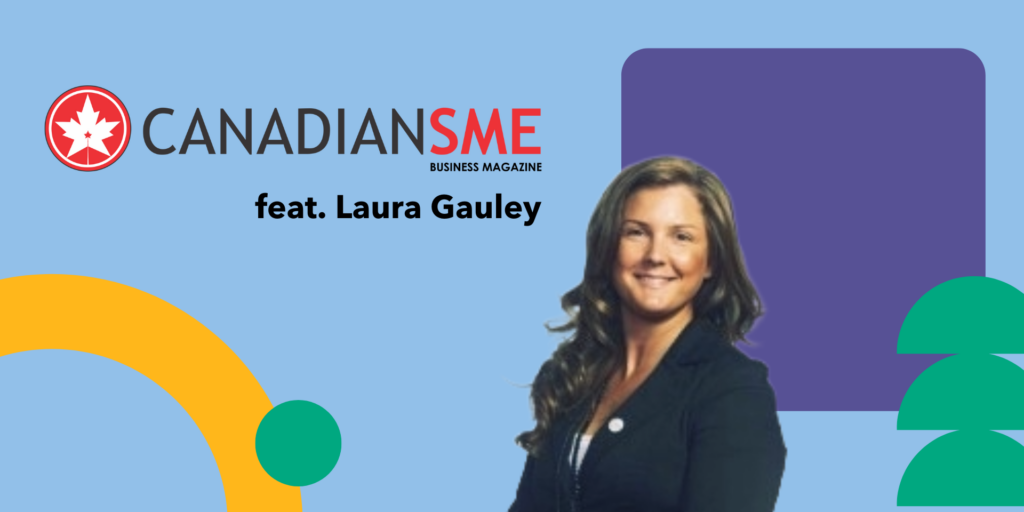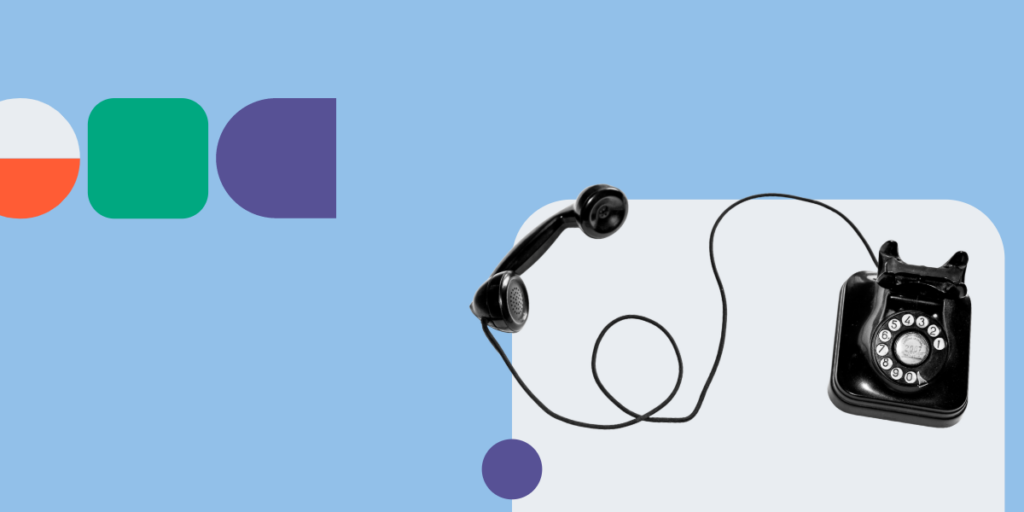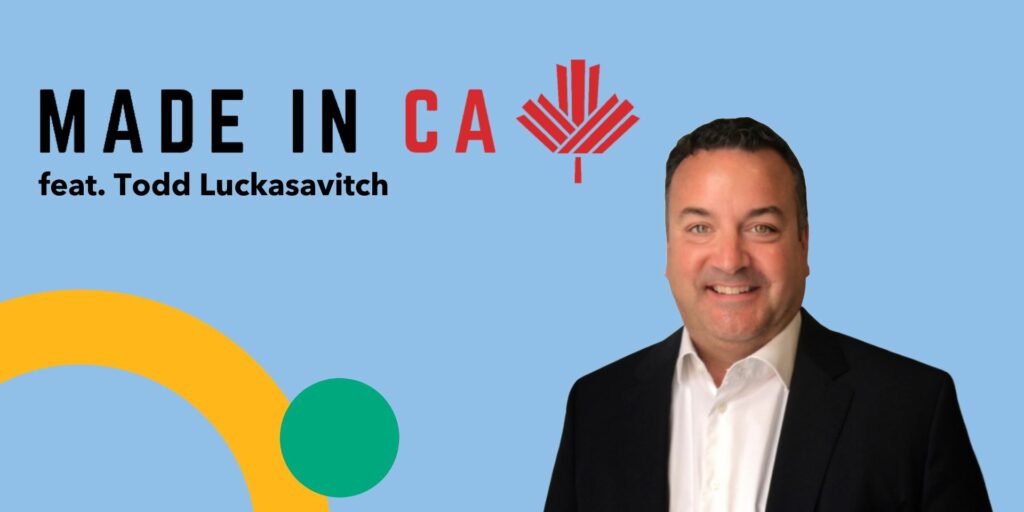Last November, Business Sherpa Group (BSG) hosted an EDII workshop, discussing the themes of unconscious bias, establishing an EDII policy and neurodiversity in the workplace. Shae Solinger, Talent Acquisition and Human Resources Coordinator, was our panelist speaking on neurodiversity. Shae wanted to share more of her experience working with a neurodiverse brain, and how employers can advocate for a psychologically safe workspace.
Working as a Neurodiverse Person
I was diagnosed with ADHD (Attention Deficit/Hyperactive Disorder) when I was in junior high. I received accommodations that allowed me to be confident and successful. But when I started working, it was up to me to figure out how to be an efficient employee. I didn’t realize how difficult having ADHD would make my work life. I had so many questions, like how can I ask for help? Should I tell my manager? What information should I include when I talk about it? Will my coworkers treat me differently?
By talking to other individuals with ADHD I discovered that many of them had these same questions. As someone who is comfortable talking about my ADHD diagnosis, I want to do everything I can to help others in the same situation.
Even though I am still learning how to navigate the workplace as an ADHD individual, I have learned strategies that have increased my happiness and confidence in the workplace. Here are some tips that I have found extremely helpful.
Disclose your neurodiversity to your employer
Sharing my neurodiversity with my managers and coworkers was one of the most terrifying yet beneficial things I have ever done.
Deciding whether to disclose your neurodiversity to your employer can be a stressful decision. As a young professional, coming across as confident and demonstrating my capabilities is important to me. I want the people around me to see me as for all that I am, which is driven and intelligent, and not just “the woman with ADHD”. It can be stressful when you know that asking for accommodations could make your life easier but figuring out how to ask for them can be challenging.
If you feel uncomfortable telling your manager that you are neurodiverse, remember that you can ask for assistance without labeling your neurodiversity. You can choose to not disclose your neurodiversity at all and frame asking for accommodations from the standpoint that it will make you a more efficient employee. I took this approach when asking for transcription software. I explained to my manager that transcription software would allow me to edit my screening notes for calls with candidates faster and get more work done.
When telling my managers that I have ADHD I find it helpful to prepare answers for questions my manager might have such as:
- What is (sub in what your neurodiversity is, in my case ADHD)
- What are my symptoms?
- How does it impact my work?
- What can they do to help?
- What accommodations have worked for me in the past?
When you discuss your neurodiversity with your manager, make sure you are in control of the narrative. Specifically, for ADHD but common with other conditions, is the reality that it is a spectrum and impacts everyone differently. I recommended ensuring the conversation focuses on your unique reality.
Talk to a Coach
Having an ADHD coach boosted my self-confidence. My coach helped me combat my executive functioning (see below!) issues by giving me advice on topics such as time management, initiating tasks, stress management, organization, and impulsivity. She also helped me navigate difficult work situations such as if and how to tell my manager I have ADHD and different accommodations I could ask for.
Talking to an ADHD coach made me realize that I was being too hard on myself. ADHD brains lack dopamine and I learned that my brain feeds off the stimulus that comes with stressful situations. I also learned that a moment of stress can cause ADHD brains to become flooded with intense emotions and that we can struggle with distinguishing between dangerous threats and minor problems.
Be Kind to Yourself
Struggling with ADHD has caused me to lack confidence at times. When I make a mistake at work, I feel frustrated with myself. I think that my ADHD causes me to make more mistakes than my neurotypical coworkers. Since my mistakes are often caused by executive functioning issues (ex: challenges with working memory, organization, time management etc.) I worry that people will view me as careless or less intelligent.
When I become stressed, I have learned to ask myself questions to assess whether I am overthinking a situation and making assumptions. For example, when I assume that I make more mistakes than other people I consider if my managers have given me feedback regarding the number of mistakes I make.
Having coworkers that embrace vulnerability has helped boost my self-esteem. When my managers and coworkers admit to making mistakes, it helps remind me that I am human and that everyone makes mistakes. I am also grateful that my current workplace has created a psychologically safe work environment where I feel comfortable going to my managers when I make a mistake. I find it helpful when my managers reassure me that my mistake was not a big deal and help me come up with strategies or accommodations that can help prevent me from making the mistake in the future.
Moving Forward
If you are a neurodiverse person remember that being neurodiverse provides benefits to you and your employer. People with ADHD are creative, spontaneous, innovative, and risk takers. Figuring out how to overcome the challenges that comes with ADHD has made me more resilient. I excel at finding new strategies and not letting setbacks get in my way when I face frustrating or embarrassing situations.
I hope sharing my experience as a neurodiverse person with ADHD helps neurodiverse people be more successful in the workplace and employers better understand your workforce and how you can help make it a better environment for all kinds of employees.
This article is part of our series regarding EDII in the workplace, and how managers can create more inclusive spaces. To read about our initial workshop, click here.










